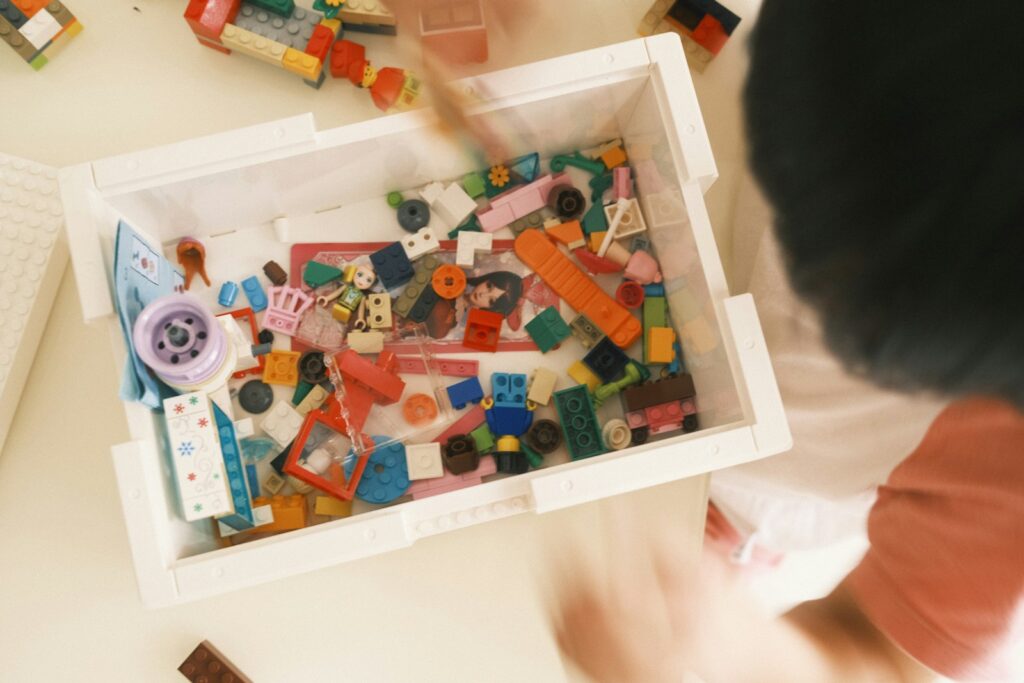Resilience is a critical trait that can significantly impact a child’s ability to navigate the challenges of life successfully. As an educational psychologist, you understand the importance of fostering resilience in children to help them thrive academically and emotionally. In this article, we will explore various strategies for parents and educators to cultivate resilience in children.
Understanding Resilience
Resilience is the ability to bounce back from adversity, adapt to change, and grow stronger from challenging experiences. It is not a fixed trait but rather a skill that can be developed and nurtured over time. Building resilience in children involves providing them with the tools and support they need to cope with stress, setbacks, and difficult emotions.
Building Blocks of Resilience
-
Positive Relationships: Healthy relationships with parents, caregivers, and educators serve as a strong foundation for resilience. Children who feel loved, valued, and supported are better equipped to face challenges.
-
Emotional Regulation: Teaching children how to recognize and manage their emotions is crucial. Encourage them to express their feelings and provide guidance on constructive ways to cope with stress and anxiety.
-
Problem-Solving Skills: Help children develop problem-solving and decision-making skills. Encourage them to brainstorm solutions to their own challenges, fostering a sense of autonomy and self-efficacy.
-
Optimism and Positive Thinking: Promote a positive outlook by highlighting the importance of a growth mindset. Teach children that setbacks are opportunities for learning and growth.
-
Resilient Role Models: Children often learn by example. Be a role model by demonstrating resilience in your own life. Share stories of your own challenges and how you overcame them.
Strategies for Parents
-
Create a Safe Environment: Ensure your child feels safe at home, both physically and emotionally. Open communication and trust are key.
-
Set Realistic Expectations: Encourage your child to set achievable goals and celebrate their successes, no matter how small.
-
Encourage Independence: Allow your child to make age-appropriate decisions and learn from their mistakes. Independence fosters resilience.
-
Active Listening: Pay attention to your child’s concerns and feelings. Let them know you are there to listen and support them.
-
Quality Time: Spend quality time with your child. Engage in activities they enjoy and create opportunities for bonding.
Strategies for Educators
-
Create a Positive Classroom Environment: Foster a classroom culture where students feel safe to express themselves, make mistakes, and learn from them.
-
Teach Stress-Reduction Techniques: Introduce mindfulness or relaxation exercises to help students manage stress and anxiety.
-
Promote Collaboration: Encourage teamwork and cooperation among students. Collaborative projects can build resilience through problem-solving and conflict resolution.
-
Provide Constructive Feedback: Offer feedback that emphasizes effort and improvement rather than just grades. Encourage a growth mindset.
-
Be Supportive: Be aware of your students’ emotional well-being and offer support when needed. Refer them to appropriate resources if necessary.
By implementing these strategies, both parents and educators can play a vital role in helping children develop resilience. As an educational psychologist, you can further support these efforts by providing guidance, counseling, and workshops to parents and schools, ensuring that children receive the comprehensive support they need to thrive academically and emotionally. Remember that building resilience is a lifelong journey, and your expertise is invaluable in this process.


